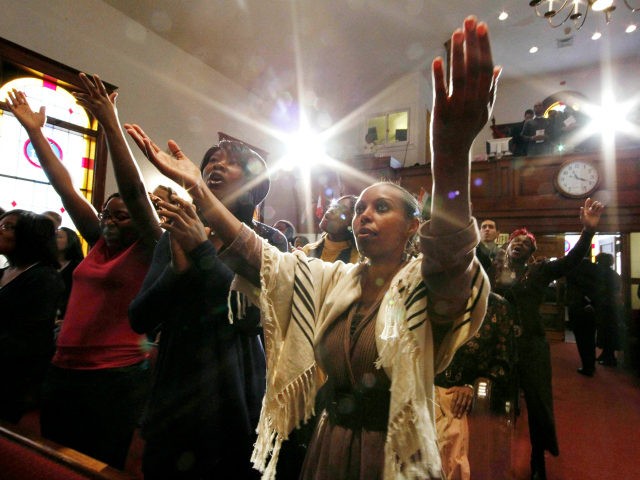ROME — Pope Francis held up the three Wise Men who visited the child Jesus at Bethlehem as models of what it means to worship God in his homily for the feast of Epiphany.
Worshiping the Christ child was the reason for the Magi’s long journey from the East, the pope told pilgrims gathered in Saint Peter’s Basilica for Mass Monday.
“Worship is the end and goal of their journey,” he said. “Indeed, when they arrived in Bethlehem, they saw the child with Mary his mother, and they fell down and worshiped him.”
Learning to worship God makes people more human, the pontiff reflected, whereas failure to acknowledge and worship God leads to disorientation and eventually to the worship of oneself in God’s place.
“Once we lose the sense of worship, we lose our direction in the Christian life, which is a journey towards the Lord, not towards ourselves,” he said.
When we do not worship God, “we end up worshiping ourselves,” the pope said. “So too, the Christian life, when it fails to worship the Lord, can become a discreet way of affirming ourselves and our own abilities. This is a grave risk: we use God instead of serving him.”
“How many times we have confused the interests of the Gospel with our own?” he continued. “How many times we have we cloaked in religiosity the things we find convenient? How many times have we confused God’s power, which is for serving others, with power of this world, which is for serving ourselves!”
Commenting on the gospel account of the visit of the Wise Men, Francis said that there were those in Israel who were “incapable” of worshiping God, namely King Herod — who sought to kill Jesus — and the chief priests and scribes.
Alongside the Magi, the gospel “presents others who are incapable of worship,” he said. There was King Herod “who uses the word worship, but only to deceive,” pretending to wish to worship the newborn King of the Jews but secretly wishing to kill him.
“The fact is that Herod worshiped only himself; that is why he wanted to rid himself of the child through a lie. What does this teach us?” Francis asked.
The chief priests and the scribes, on the other hand, “know the prophecies and can quote them exactly,” Francis said. “They know where to go, but they do not go there.”
“Here too we can draw a lesson. In the Christian life, it is not enough to be knowledgeable: unless we step out of ourselves, unless we encounter others and worship, we cannot know God,” he said. “Theology and pastoral effectiveness mean little or nothing unless we bend the knee; unless we kneel down like the Magi.”
“Many Christians pray but they do not worship,” the pope reflected. “Let us ask ourselves this question: Do we find time for worship in our daily schedules and do we make room for worship in our communities?”
“Once we worship, we come to realize that faith is not simply a set of fine doctrines, but a relationship with a living Person whom we are called to love,” he said.
“It is in encountering Jesus face to face that we come to see him as he is. Through worship, we discover that the Christian life is a love story with God, where what really matters is not our fine ideas but our ability to make him the centre of our loves, as lovers do with those whom they love,” he reflected.
“In worship, we learn to reject what should not be worshiped: the god of money, the god of consumerism, the god of pleasure, the god of success, the god of self,” Francis said. “Worship means bending low before the Most High and discovering in his presence that life’s greatness does not consist in having, but in loving.”
As we begin the New Year, Francis said, “may we discover anew that faith demands worship.”
“If we can fall on our knees before Jesus, we will overcome the temptation to set off on our own path. For worship involves making an exodus from the greatest form of bondage: slavery to oneself,” he said.

COMMENTS
Please let us know if you're having issues with commenting.